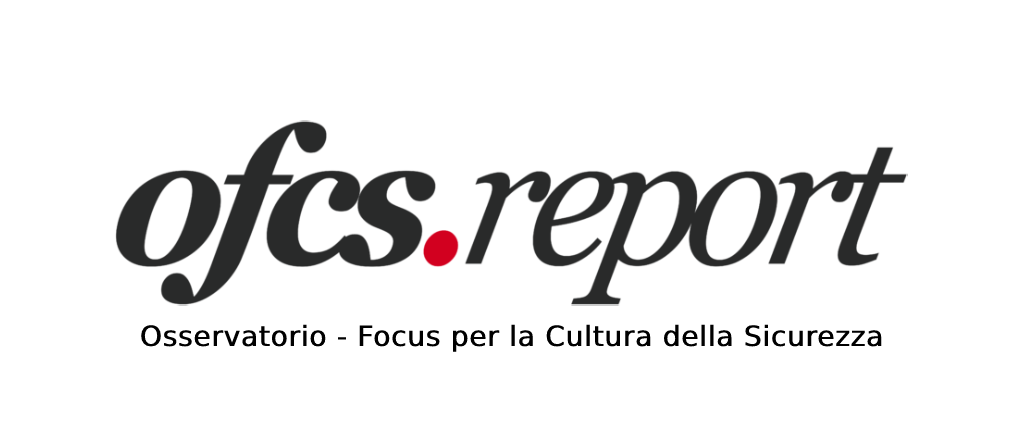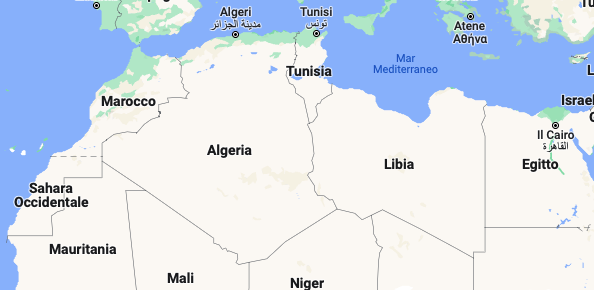Is Algeria projecting Power or Meddling in the region? An interesting situation continues to develop in North Africa. As with most issues, the focus is on one specific aspect of the situation while another factor goes unnoticed.
Earlier this year Tunisia made an interesting decision to crack down on Illegal Immigration. Most of those affected were from Sub-Saharan Africa. The reaction of the general population was shocking. Migrants were evicted from their homes, lost work, spat upon and according to some reports even had their houses of worship closed.
The rapidity of this move was indeed stunning. Countries including Mali and Cote D’Ivoire organized airlifts to repatriate those caught up in the hoopla and sought to return home. The other side of the coin is that there has been an increase in the exodus of Migrants from Tunisia attempting to make the perilous trek across the Mediterranean to Europe.
Considering how fast this took place one could ask whether or not an outside actor had an influence on how the situation developed. The answer to this question appears to be a resounding yes. The identity of the actor may come to no surprise to some people.
The country that appears to have an undue influence on events in Tunisia is a regional actor and a neighbor. The country in question is Algeria. Before discussing how Algeria is impacting the current crisis in Tunisia it would be an oversight to remember that the current Jihadist activity affecting the Sahel grew from the GPSC (Salafist Group for Preaching and Combat) that rose after the 1992 Coup that annulled the 1991 Elections.
There have been some reports that some Algerian Exiles have been refouled to Algeria and once again have been facing the Algerian Criminal Justice System. One of those returned was under UN Protection. These events should have sent off alarms and seen as harbingers of future events to come. However they did not draw the necessary attention.
However the crisis has dragged on. Tunisia has gone through the process of determining whether or not the country is eligible for receiving another package from the IMF, It has also decided to reestablish ties with Syria as well. However the ice broke following statements made by none other than President Abdelmajid Tebboune himself that describe the relations between the two countries.
When speaking to a podcast by Al-Jazeera President Tebboune stated that Algeria wants stability for Tunisia but admitted that it is playing a role in the internal dialogue which has caused some to levy charges that Algeria is in fact interfering in Tunisian Domestic Politics.
One reason for the criticism is this particular line “ Tunisia is a security extension of Algeria and Algeria is a security extension of Tunisia.” It should be noted that it’s not just the Political Opposition within Tunisia that has noticed this hypocrisy.
A recent statement by Lt. Gen. Said Chengriha, the head of the Algerian Army, also has raised some eyebrows. “Algeria rejects any form of foreign intervention in the region under the pretext of combating terrorism because it is an approach that has proven to be a complete failure.”
Algeria was a critic of the French led Operation Barkhane that ended operations last year and it could be seen as a criticism of Operation Flintlock, an annual exercise conducted by the United States along with its African Partners. So is this a case of Algeria stating that this is our area of influence and wants others to stay out of the affairs of the region? These actions appear to bear this idea out.
These comments can be seen as an effort of Algeria projecting power in a region where they assume to be the power breaker. This can be seen as a move by President Tebboune to project strength prior to the upcoming Algerian Elections as well.
Algeria believes that it is in a good position and can dictate their terms not only to the region but also to some of the other powers as well. It will be interesting to see what their comeuppance will look like.








